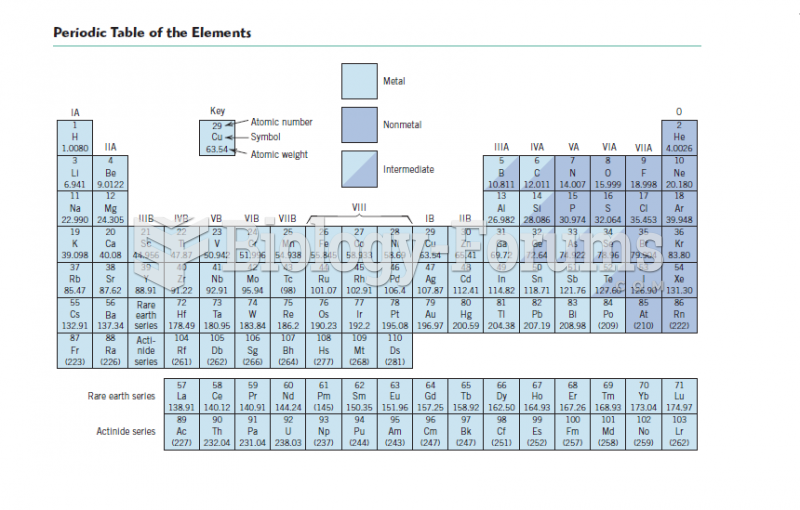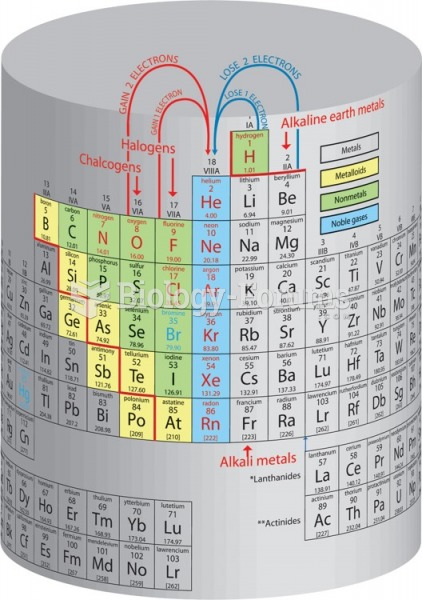This topic contains a solution. Click here to go to the answer
|
|
|
Did you know?
Amphetamine poisoning can cause intravascular coagulation, circulatory collapse, rhabdomyolysis, ischemic colitis, acute psychosis, hyperthermia, respiratory distress syndrome, and pericarditis.
Did you know?
The familiar sounds of your heart are made by the heart's valves as they open and close.
Did you know?
Blood is approximately twice as thick as water because of the cells and other components found in it.
Did you know?
Women are 50% to 75% more likely than men to experience an adverse drug reaction.
Did you know?
Fewer than 10% of babies are born on their exact due dates, 50% are born within 1 week of the due date, and 90% are born within 2 weeks of the date.







